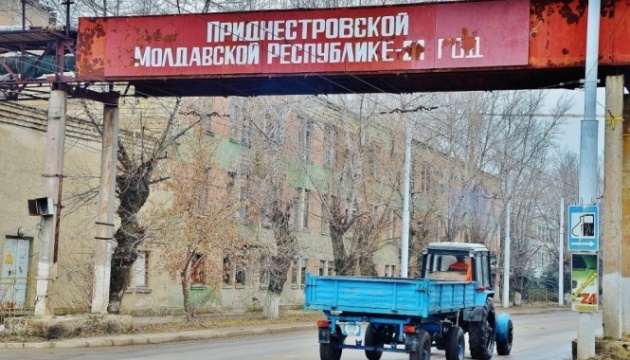Transnistria is in crisis again: state of emergency in the economy due to lack of gas
11 June 20:51
On June 11, the unrecognized Transnistria again declared a state of economic emergency, this time for 30 days. The reason is the reduction in natural gas supplies to the region, which is deepening the economic and social crisis.
This was reported by the Moldovan edition of NewsMaker, "Komersant Ukrainian" reports.
the “parliament” of the self-proclaimed republic approved the corresponding decree of the leader of the region Vadim Krasnoselsky. The document states that the decision is due to “a severe general economic crisis and the ongoing deterioration of socio-economic indicators.”
The previous state of emergency in Transnistria was in effect since December 2024 and was extended five times.
It expired on June 8, 2025. The new decision to declare a state of emergency was made because, according to local law, the maximum duration of a state of emergency is six months, after which it must be declared again.
What is known about the crisis in Transnistria?
How did the crisis develop?
A new source of conflict: On January 1, 2025, Gazprom stopped supplying Russian gas to Transnistria due to the expiration of the contract and Ukraine’s refusal to extend transit. This resulted in a major energy crisis.
Consequences for infrastructure:
Central heating and hot water supply were cut off in all residential buildings, schools and hospitals.
Most industrial enterprises suspended operations. The only ones that remained active were those that ensure food security.
There were widespread power outages, with only selected facilities running on backup gas or coal boilers.
Social tension and humanitarian threat:
Approximately 75,000 households were left without heating, and another 116,000 received partial gas supply.
There has been an increase in colds, several deaths from hypothermia and carbon monoxide poisoning.
Government response and assistance:
The state of emergency in the energy sector lasted from December 2024; the regime was constantly extended and renewed in June.
Moldova and the EU started supplying gas and electricity, with €30 million in aid organized.
Despite this, the region partially refused European offers and decided to buy gas through Hungary and a Russian loan
General conclusions
Economy 50% to 60% reduction in exports, shutdown of almost all enterprises.
Social situation Threat of energy and humanitarian disaster and direct cases of carbon monoxide poisoning.
Political consequences Chisinau and Brussels see this as the influence of Kremlin manipulations, the region demonstrates a pro-Russian orientation.
As a result, the energy crisis in Transnistria is not just a gas cutoff, but a systemic political and humanitarian problem with far-reaching consequences for regional security and the population.









